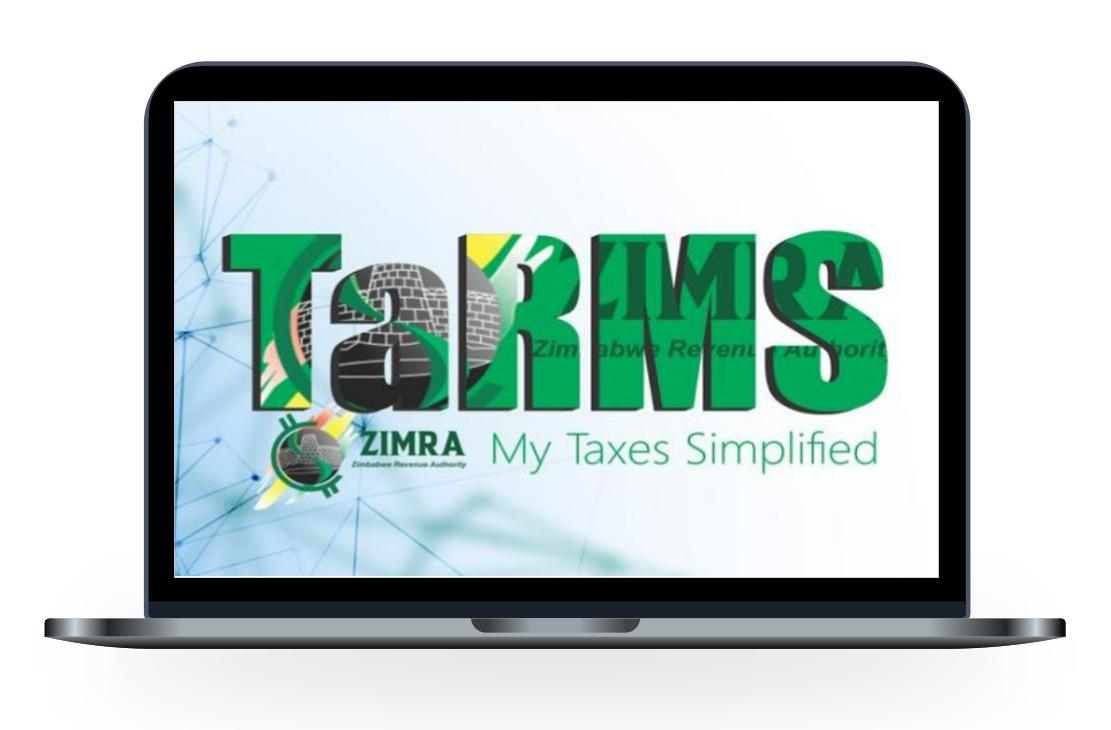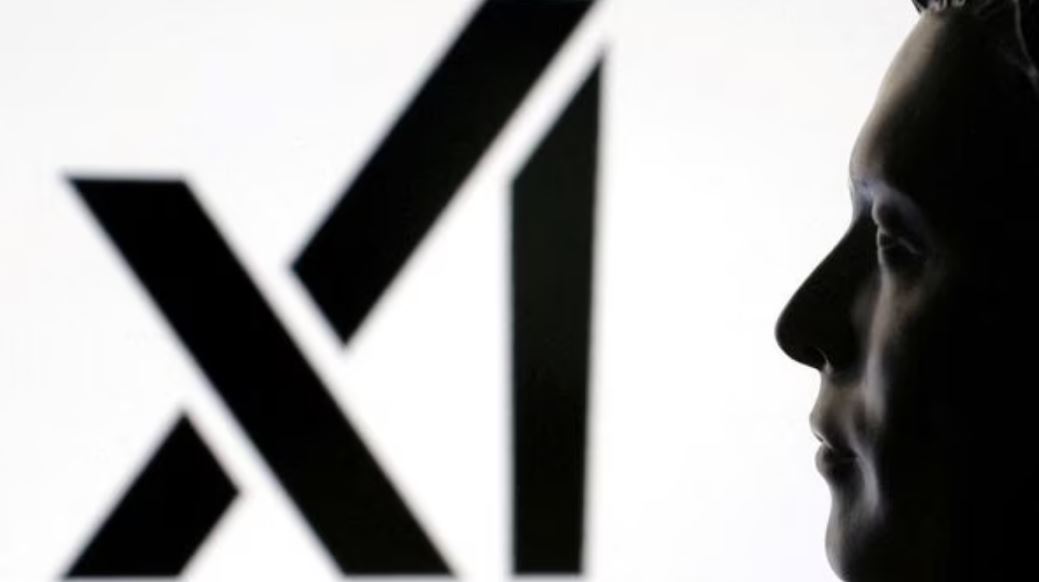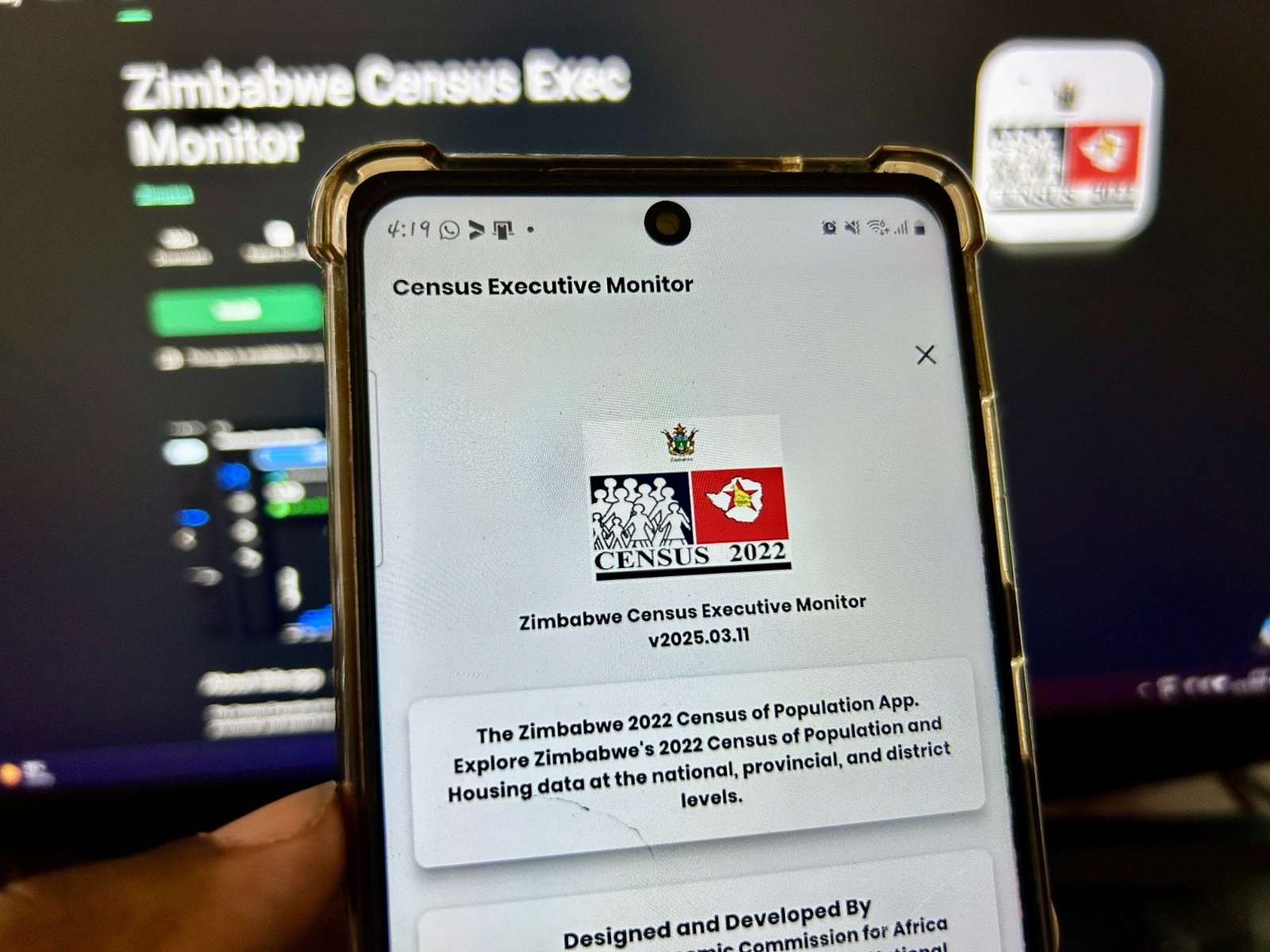Zimbabwe’s Parliamentary Portfolio Committee on Justice, Legal and Parliamentary Affairs will this week be considering a petition to bar “revenge pornography”. Such a law would seek to protect people from having their nude photos or videos leaked (usually by an ex) on the internet or social media platforms like WhatsApp where such material easily goes viral.
To the best of our knowledge, this is the first time that the issue of revenge porn laws has been under parliamentary consideration in Zimbabwe. The need has been spurred by the rise in smartphone ownership and use of WhatsApp, thanks to the gradually decreasing cost of access. More access means even the bad stuff spreads as fast as the useful stuff. A number of local celebrities have fallen victim to revenge porn over the past few years.
The anti-revenge porn petition was initiated by an NGO called Katswe Sisterhood.
Other countries and how technology companies are helping
Globally, some countries now have Revenge Porn laws including, Philippines, the UK, the US (some states), Australia, Canada and others. In Africa though, seems countries are yet to specifically recognise revenge porn as a crime. Prosecutors have to rely on laws prohibiting the broadcasting and distribution of regular pornography, anti-harassment laws, the use mobile phones to send harassing messages (Telecoms act in Zim), or anti-extortion laws.
For their part companies gatekeeping the internet like Google and Facebook have made significant efforts to reduce the spread of the revenge porn. Google for example announced less than a year ago that it’d honor requests to remove explicit images shared without their consent from its search results. Facebook also allows anyone to flag offensive content for deletion and last year made a revenge porn specific ban.
WhatsApp however, the platform where revenge porn spreads the fastest, seems a more difficult platform, even for its owners, to police. Users can share links, explicit images and videos without any technology hindrance.
Back to the petition; the procedure after the consideration session is that the committee will report on it to parliament, after which a determination will be made to either draft a bill or reject the petition.














Comments
13 responses
let see how it goes, i thought the BEST was to deal with this is to EDUCATE people not to get the Nude photos in the first place!!!!! getting such a petition means a very complicated cyber-security law and capability to determine its the Ex who leaked the photos
I hope you have explicity permision to use that man’s picture to associate his image with a story of revenge porn. He definately looks like he is about to fix his ex from the looks on his face…
Otherwise if you do not know him please remove his pic, in other countries you will be soon counting losses.
He’s a law abiding citizen who is flagging inappropriate content on his Facebook wall.
Mr L S M, I think you need to educate our readers on what is meant by the term “revenge porn”.
that doesnt answer the question of wether you know the person or not, but l will assume you know the person. If he is a law a biding citizen then he have more chances of sweezing full dollars from you publication in a court of law.
Lets get things right from start, you should be aware of image rights and how images are associated to stories and what demage it can cause if published without consent.
l do understand Zimbabwe is stil years behind in the area of image rights laws but you publication should be ahead and doing the right thing!
Why ban revenge porn when porn is already banned in Zim
The laws covering creating, distribution and possession of porn are clearly defined…as are laws on issues to do with violation of privacy and defamation of character (mostly pursued in a civil law).
If you cared to read, you will have at least gotten the hint that there isn’t a comprehensive law governing the direct criminalisation of willfully distributing someone’s “private pics/media “.
Criminalising the act allows for comprehensive, clear & direct, state prosecution of the perpetrators.
I don’t see how this law will work. For example, people can use fake names to send ex nudes pictures to Viomak and she just copy and past on musvozimbabwe.com
Who do you prosecute then?
Viomak ==> Violet Makunike
The victim can easily file a criminal report with the police or law enforcement in his/her area. Then hire a lawyer to petition the courts in her area to subpoena and court order to the host of the website (in Viomak’s case – Godaddy.com and the Domain Proxy) to trace the real I.P information of the owner/webmaster of the website. Web hosts like Godaddy will honor any court order to remove websites and most Domain Proxy hosts (such as the one used by GoDaddy that is located in Arizona will hornor any court orders to release information of the Webmaster or owner of Website who has criminal charges filed against them.
British Telecommunications will also honor any court order to release an indivudual’s information who has been involved in cyber crime or any crime committed via other means of communications i.e telephone.
How do you think this guy below who was imprisioned for 18 years for running a similar website was traced?
http://www.cnn.com/2015/04/03/us/califomia-revenge-porn-sentence/
No one is annonymous on the internet. One can try to be clever about it but when the law kicks due to a single of multiple law suits in they can easily be traced.
Justice
Seems like a whole lot of effort for very little gain. I think in Zimbabwe we have bigger problems to deal with than going through the convoluted process you describe, trying to catch someone who leaked their ex’s nudes. It it is definitely absurd to jail someone for 18 years for running such a website.
We need to start with musvozimbabwe . com before we pick on whatsapp. That site needs to fall – SERIOUSLY!
~~ It will fall ~~